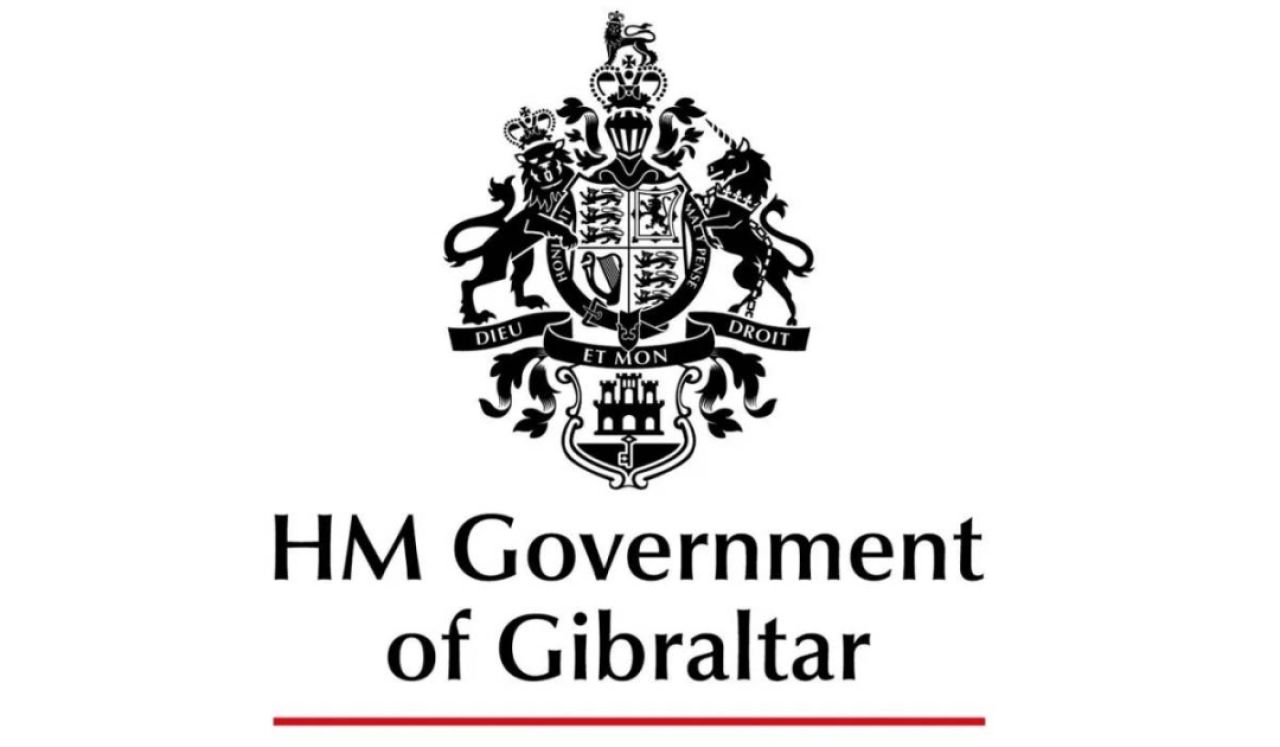Gambling Division Completes Their Thematic Review Of Anti-Money Laundering Processes And Procedures

The Gambling Division has now completed their 12 month thematic review of the anti-money laundering (‘AML’) risk assessment processes and controls operated by our B2C licensees in respect of non-UK international customers.
A statement from the Gambling Division follows below:
This work has focused on ensuring that firms have in place the adequate and robust systems to identify and tackle AML challenges in customer onboarding and ongoing contact in full compliance with our legislation.
The review engaged and analysed historical processes being operated by those firms and monitored their improvements during the period to the standards required and expected today.
As a result of the Gambling Division’s work, a number of historic control weaknesses were identified which have now been rectified by the operators concerned to our satisfaction. The industry and individual operators have worked collaboratively with the Gambling Division, both in the identification and analysis of individual cases and wider generic systems weaknesses that are common to more than one operator.
The thematic review has confirmed that operators had risk based controls in place which were being incrementally improved, but that in some cases, risk tolerances were too great and the timing on interventions was too slow or ineffective. In one case reviewed, several operators received monies that had been stolen from an employer by an individual in a position of trust who had fraudulently forged documents and provided false information in relation to evidencing his wealth and source of funds.
The learnings from the thematic review, which also identified other material cases, should be noted and acted on by the whole Gibraltar gambling industry, and are as follows:
∙ Operators need to ensure that proportionate enhanced due diligence is conducted on high depositing customers; irrespective of whether or not their losses are high. ∙ Operators need to have systems in place to identify sudden and significant increases in the velocity of transactions and for these incidents to be escalated to management for consideration.
∙ Operators need to have systems and controls in place to ensure adequate ongoing monitoring of customer accounts.
∙ Operators need to have integrated systems and communication channels between different functions (e.g. compliance, fraud and risk, customer services and VIP managers) to ensure all customer interactions can be considered in the round and not in isolation.
∙ Operators need to ensure that all staff are trained to a level commensurate with their role and that all customer facing staff understand both their AML and social responsibility obligations.
∙ Operators must properly risk assess all the ways in which customers fund their accounts for all channels (including peer to peer gambling) and carry out appropriate due diligence checks on all participants.
∙ Operators must report suspicious activity in a timely manner in line with their obligations under the Gibraltar Proceeds of Crime Act 2015 (POCA).
The Gambling Division will monitor and ensure that these processes continue to be applied by operators and will regularly inspect those firms to satisfy themselves that these processes and controls are in place. As a result of the full and frank cooperation afforded by operators during the review, including agreements to divest profits which represent the proceeds of crime, the Gambling Commissioner concluded that he was satisfied that no further action was required.
As part of the conclusion of the thematic review a number of operators have also agreed to make payments to The Gibraltar Gambling Care Foundation in varying amounts totalling £2.5m in all and to support the use of training initiatives at the Gibraltar University in AML and social responsibility by their employees. It is the intention of the Foundation to support the establishment of a Centre of Excellence for Responsible Gambling (CERG) at the University, conducting important research with the sector into all issues relating to problem gambling, including its causes, identification, mitigation and support for those affected.
The fact that this matter has not proceeded to the enforcement stage under POCA supervisory powers in respect of any single issue, does not mean that these powers will not be utilised in the future and the wider industry should heed the learnings detailed in this thematic review. Executive teams under the supervision of their Boards should ensure that internal risk assessments and reviews in this area take full account of the Gambling Commissioner’s expectations in this important area.
The Licensing Authority, advised by the Gambling Commissioner, now considers this matter has been dealt with appropriately. Whilst this review does not create a precedent, itis a watershed for the Gibraltar gambling industry.
Neither the operators concerned nor the Gambling Division will be making any further public comment on the detail of the individual cases.
Latest News
- Giovanni Origo Budget Speech 2025 - GSD Shadow Minster for Youth, Tourism, the Environment and Transport
- Budget 2025 Speech by Minister for Industrial Relations, Civil Contingencies and Sport, Leslie Bruzon
- HM Customs Gibraltar Launches ASYCUDA Version 4.4 to Modernise Border Management
- Budget 2025 Speech by Minister for Equality, Employment, Culture and Tourism Christian Santos
- Declaration Of Enlistment By Royal Gibraltar Police Recruits
- Local Actors Travel To UK Drama Festival
- Bridge House Charitable Trust Welcomes Donations
- GSD Says Principal Auditor Report 2018/19 Should Now Emerge
- The Budget 2025 – Minister Gemma Arias-Vasquez's Address
- Ministry Of Equality Marks Successful End Of The Sixth Cycle Of The Women’s Mentorship Programme



